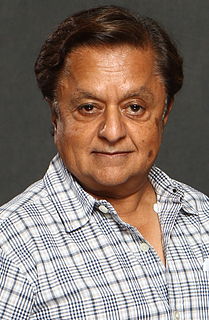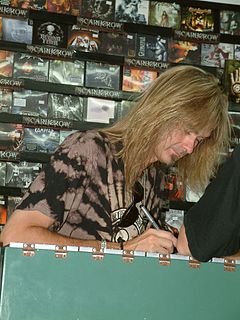A Quote by Gene Roddenberry
It is important to the typical 'Star Trek' fan that there is a tomorrow. They pretty much share the 'Star Trek' philosophies about life: the fact that it is wrong to interfere in the evolvement of other peoples, that to be different is not necessarily to be wrong or ugly.
Related Quotes
It was really important to try to reach a whole new audience so we had a lot of people in who not only had not seen the last film but were not Star Trek fans, or thought of themselves as not being Star Trek fans, or they had seen bits and pieces of Star Trek in the past and it was just not for them.
Star Trek speaks to some basic human needs: that there is a tomorrow — it's not all going to be over with a big flash and a bomb; that the human race is improving; that we have things to be proud of as humans. No, ancient astronauts did not build the pyramids — human beings built them, because they're clever and they work hard. And Star Trek is about those things.
How could I have kept out this incredible fiction? That's when it all started for me. I was, and still am, a HUGE Star Trek fan. "Songs Of The Ocean" is my tribute to this great story, and it's based on the Star Trek IV movie, the one in which they go back in time. [The Voyage Home ; It's the one where they bring a pair of whales to the future -ed.]































